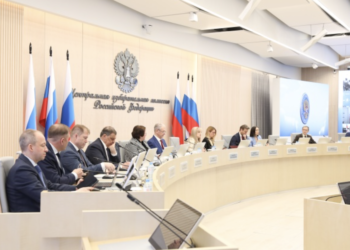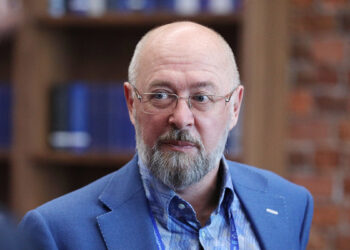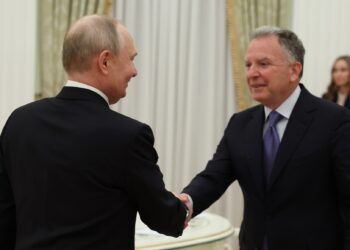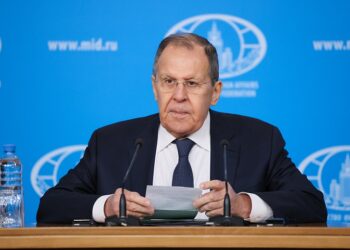MOSCOW (Realist English). The Kremlin is often seen as an enigmatic fortress of power, but according to Alexander Voloshin, who headed the Russian presidential administration from 1999 to 2003, it is far more ordinary than many assume — a mirror of the nation itself.
“Once you’re inside the Kremlin, you realize it’s a cross-section of society,” Voloshin said in a new interview. “There are smart people, fools, honest people, and crooks. There’s no mystique — just life as it is.”
Reflecting on the turbulent 1990s, Voloshin described the era as both tragic and transformative.
“It was hard and frightening — but also a time of opportunity. People learned responsibility. It was a revolution, and living through a revolution is never easy.”
He stressed that Russia is still adapting to the concept of private property, a notion absent under socialism and one that continues to provoke social and institutional friction.
“We haven’t yet learned to respect private property. It didn’t exist before — and adapting to it is painful. Without respect for property, there will be no sustainable development.”
Voloshin also commented on Russia’s evolving power structures, comparing his working relationships with President Boris Yeltsin and President Vladimir Putin.
“With Yeltsin, there was distance. With Putin, our relationship was closer — in terms of age and shared work experience. It was easier for me with him.”
Speaking as a seasoned economic policymaker, Voloshin highlighted the interplay between entrepreneurship and risk in shaping the new Russian elite:
“The entrepreneurial gene overlaps with a risk-taking gene — and then it all depends on the environment. You can become a leader or a criminal.”
According to Voloshin, Russia’s business culture is still in its infancy:
“Russian entrepreneurship is young — just 30 to 35 years old. Its real evolution still lies ahead.”
Alexander Voloshin is widely regarded as one of the key architects of the technocratic shift in the Kremlin during the early 2000s. He remains an influential figure in investment and innovation circles, particularly in the fields of biotechnology, artificial intelligence, and genetics. In the interview, he described himself not as a visionary, but as someone with “developed critical thinking,” focused on understanding the past, present, and future.


















